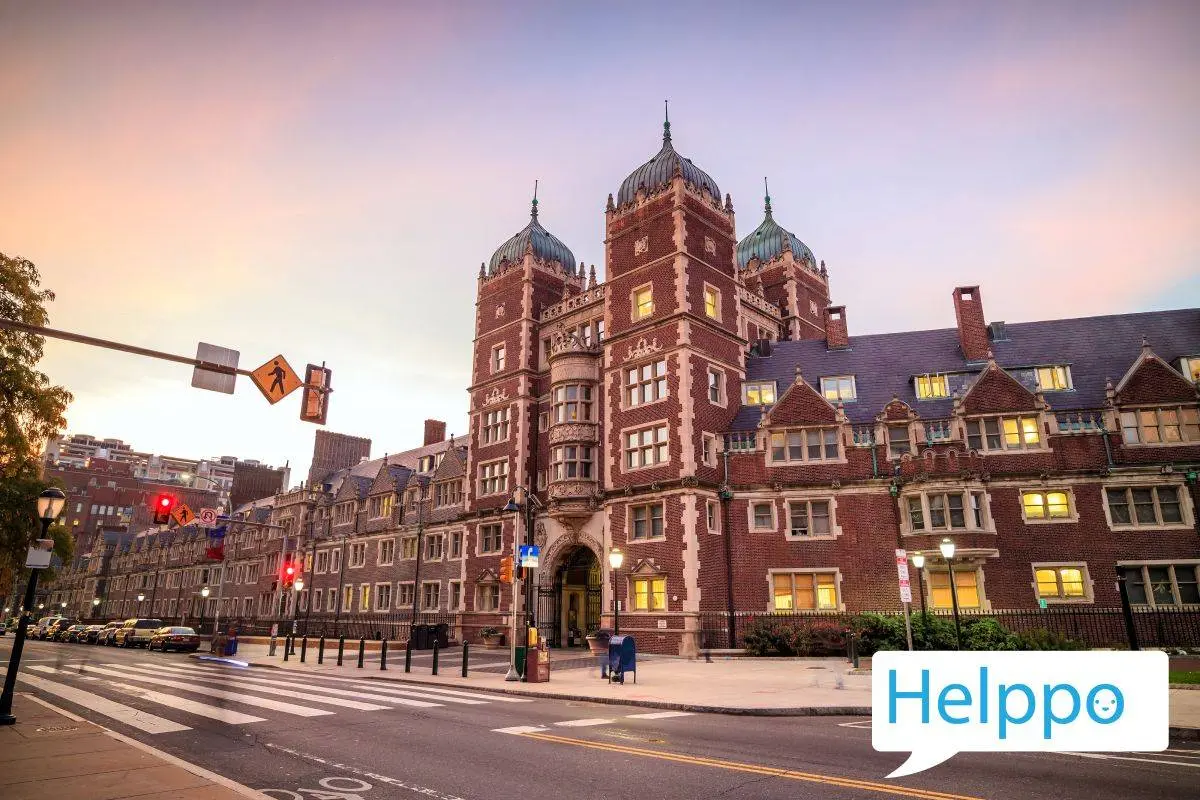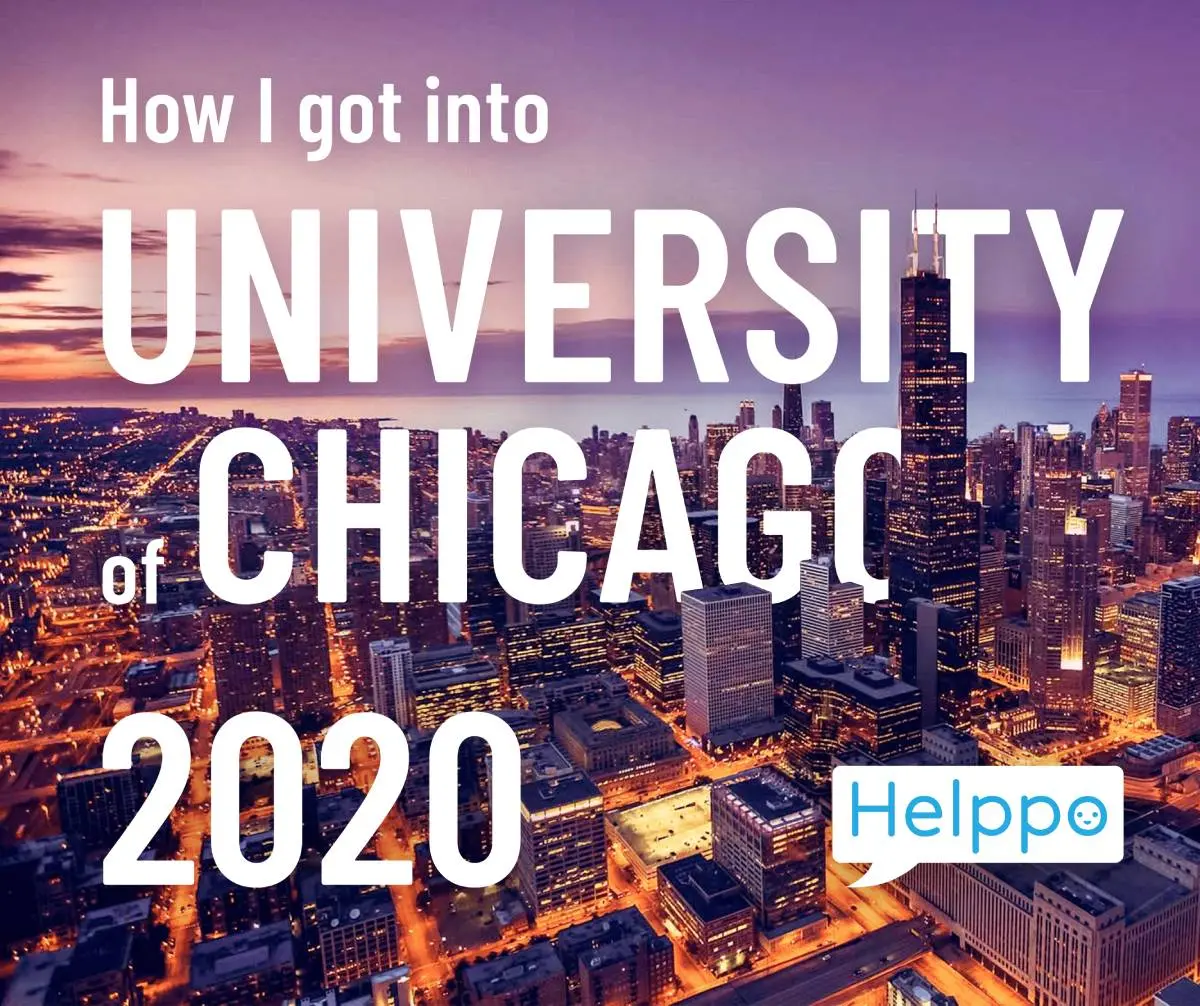My Journey to U Penn
PUBLISHED WED, FEB 18 2019
During my junior year of high school, my school counselor had our grade think about what colleges we wanted to attend. In creating a college list, I considered many factors such as location, weather, school and class size, programs offered, and diversity. By taking these factors into consideration, I was able to research the schools and gain an insight into what facilities or programs were offered and to what degree I thought I would enjoy my time there. Furthermore, having this information allowed me to write strong essays on why I was applying to each school and it also allowed me to prove to the schools why I felt that I would be a good fit there.

To begin, my High school experience was different from the average University of Pennsylvania (UPenn) student. For starters, I attended High school outside the country, in Accra, Ghana. My high school offered the IB program, a program that taught college level work. Thus, taking the IB program prepared me for the actual college work I would soon be doing. Additionally, it demonstrated to admission officers that I could handle vigorous and difficult concepts taught at their institutions. This is a point I will highly emphasize. Being able to demonstrate your readiness for college work is a factor that most elite universities pay close attention to. Hence, taking programs like IB or AP or tougher classes in general and performing decent in them demonstrates one's ability to perform well at the college level. In fact, admission officers notice when you take only easy classes to get straight As and would rather prefer to see you challenge yourself.

In regards to standardized test, I took both the ACT and SAT. My high school offered SAT as part of the program so every student had to take the exam in order to graduate. However, I was not a fan of the SAT at the time because I didn't like the idea that wrong answer choices would result in a deduction of points. Additionally, I was not keen on having to learn a bunch of vocabulary words to do well in the English and reading sections. Hence, I decided to put all my efforts in studying to take the ACT. The ACT had 4 sections and I felt that they tested my knowledge on what I had learned in high school, which would allow me to perform much better on it. I took the ACT twice as my first attempt didn't result in a score that I felt was high enough to get into my top choice school of UPenn. During my second time around of studying for the ACT, I created a schedule to balance both school assignments, exams and studying for the ACT. This schedule helped me to stay focused and diligent. Furthermore, as I prepared for my ACT, I relied heavily on various ACT books I obtained from people around me and rotated doing a subject area for each day. During each time I studied I reviewed the subject matter than I would do a set of practice problems in order to see what areas were weak for me. Thus, when I took the ACT for the second time my scored increased and I was pleased with my efforts. Of course applying to a school like UPenn meant that even a perfect score wouldn't necessarily secure me a position at the institution, but I felt from a holistic point of view I had achieved great efforts in my application and was content on applying. Being able to illustrate yourself as a holistically good applicant is an important fact to remember when applying to colleges in the US.

Besides exam scores and grade point averages, extracurricular activities are an equal as important aspect of applying. They allow you to demonstrate what you're interested in or passionate about and show yourself as a well rounded individual. Since I was involved in the IB program, I had to 50 hours of community service, 50 hours of creative work, and 50 hours of action, which mean physical activity. This totaled to 150hours of extracurricular work that was required in order to obtain my IB diploma. Some of the activities I was involved in were, swimming, AIDS Education club, manager for the school's basketball team, and piano to name a few. Overall, my extracurricular activities allowed me to explore different activities I was passionate about and illustrate myself as a well rounded individual who
was a part of her community. In fact, I used my passion of piano to answer many of the additional essays in my application. Furthermore, doing and staying involved in different extracurricular activities also allowed me to show how I was able to balance getting decent grades and being involved in non-classroom related activities.

In applying to various colleges that were on my list, many schools were a part of the common app. Common app allowed you to send one application with a main essay to multiple schools, however, some schools would have additional smaller essays that they wanted as well. Based off of the research I did on the schools I wanted to apply to, I used my passions and interests in my essays to show why I felt I would be a good fit in their institution. By doing so, I was able to show how keen I was on attending their institution since I had done my research on what they had to offer me and how I could use it to my advantage. As I applied to UPenn, I knew I wanted to be pre-med. Hence I talked about what I had done in college that illustrated my love for science and what programs I would possibly be interested in at UPenn, if I had the opportunity to attend. Additionally, I wrote on how my involvement in various clubs and activities shaped me into the person I am and how I felt I could thrive at the institution.

Overall, there are so many factors to consider when applying to colleges. However, it is important to decide what factors you feel are most important to you and how you can show colleges that you are ready for the coursework and are a well rounded student. The activities you choose to use to demonstrate this is completely up to you, but it's important to remember to demonstrate to colleges why you think you would be a good fit based off of what you've accomplished so far.








